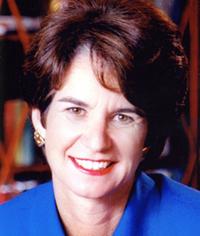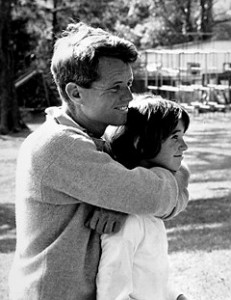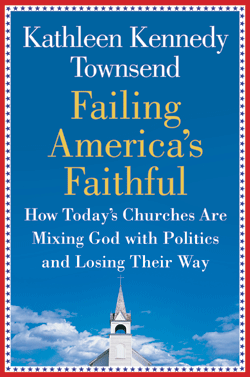I want to thank Jonathan Miller for giving me the chance…as a recovering politician…to contemplate this week on the relation between faith and politics.
After my eight years as Lt. Governor of Maryland, I wrote “Failing America’s Faithful: How Today’s Churches are Mixing God with Politics and Losing Their Way.” I thought that many churches that had once served as a counterweight to a nation overly obsessed with money were no longer were fulfilling this critical function.
Religious communities were strong and vocal during the Civil Rights era, and in the protests against the Vietnam war, following a strong tradition which began in the First and Second Great Awakenings, during which ministers preached to thousands (and this was the time before microphones!!) demanding justice.
The Abolitionist movement and the Suffragette movement both grew out of the Second Great Awakening. The late 19th century was the time of the Social Gospel activists, who asked “What would Jesus do?” as a way to urge the end of child labor, and to promote safe working conditions, a strong union movement and fairness for prisoners. FDR compared the New Deal to the “Sermon on the Mount” enacted into law. In the thirties and forties, Jesuits ran over 300 labor organizing schools.
This Holy Week — Passover, Good Friday and Easter — is the perfect time to reflect on our lives. What have we done? What should we be doing? Questions of justice and fairness permeate our conversations.
As an added bonus, this spiritual moment coincides with the fierce debates about the budget. We can and should engage in examination of conscience and examination of country. My fear is that the religious communities will not play the vigorous role in this debate as they have in our past.
Unfortunately today, may churches seem to have shrunk God, so that rather than a Deity who cares for the whole nation, this God is concerned with only “me”. They ask: “What is my relationship to God?” not “What is my duty to be concerned with all God’s children?” God seems to be created in the image of the believer, not a large God who is concerned with everyone.
When my father, Robert Kennedy, returned from South Africa, he wrote an article for Look magazine entitled, “Suppose God is Black?” He knew that God cared about justice for all, not just the few. He knew that Christ had said it was easier for a camel to get through the eye of the needle than for a rich man to enter heaven.
Today, America seems to celebrate the rich and famous. We tax work at higher levels that we tax wealth. There are some wonderful leaders such as Jim Wallis of Sojourners and groups that are concerned with the Common Good, with the proper relation between faith and politics.
I hope that we use this time to use our religious teachings to inform questions of public policy. And, of course, I am interested in any response to these ideas.












Leave a Reply